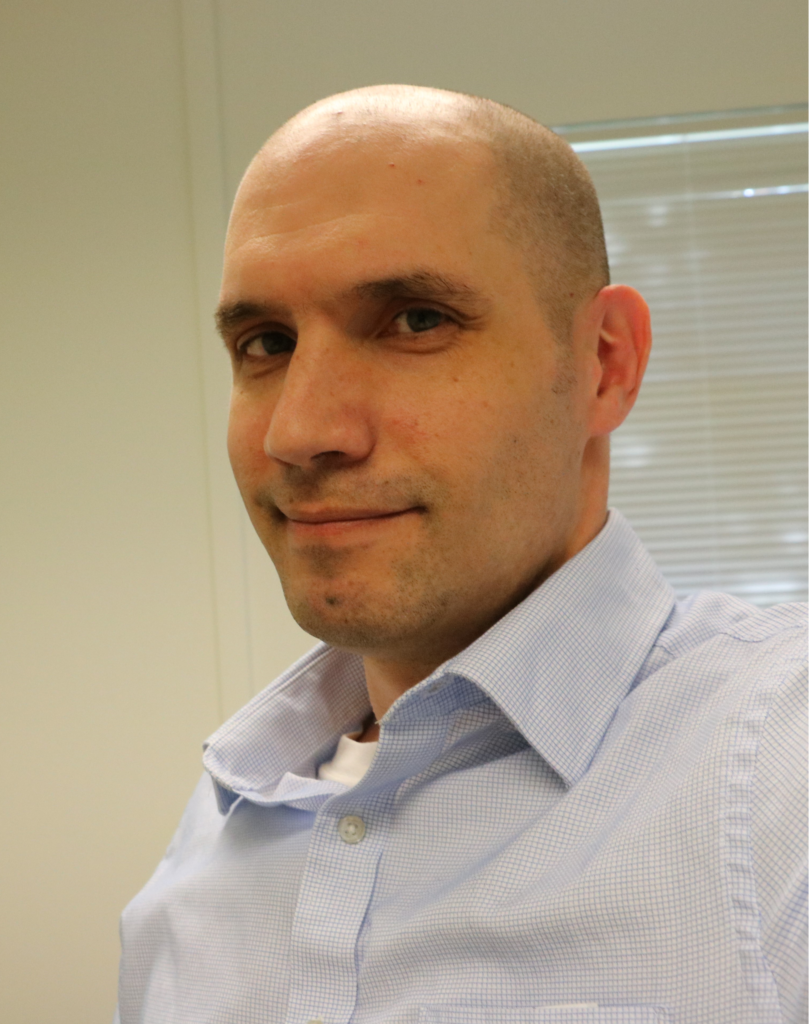Integrated Quantum Information Platforms at MIT Lincoln Laboratory
May 20 (Thursday), 2021
11:30 am to 12:30 pm (EDT)
Virtual via Zoom
Abstract: Quantum information processing (QIP) promises to enable functionality beyond levels attainable classically, and individual trapped atomic ions, manipulated via lasers and RF fields, have significant potential for quantum enhanced computing and sensing. While ion qubits themselves are inherently stable and reproducible, errors come about when manipulating them using conventional technology, such as bulk, free-space optics and standard electronics. These sources of infidelity can be reduced in many cases by integrating technologies into the chips used to trap the ions, mitigating effects that can introduce environmental noise. At Lincoln Laboratory, we are developing photonics and electronics platforms, based on homogeneous and heterogeneous integration, to enable the study and realization of potentially practical trapped-ion QIP systems.

Biography: Dr. John Chiaverini’s research is in the area of trapped-ion quantum information processing, focusing on overcoming challenges to practical quantum computing and sensing through utilization of integrated technologies and novel techniques and encodings. He earned a BS degree from Case Western Reserve University and a PhD degree at Stanford University, both in physics. He did postdoctoral work at the National Institute of Standards and Technology (NIST)–Boulder, where he implemented quantum algorithms in systems of trapped ions, while also developing a novel surface-ion-trap technology. He then took a staff position in the Physics Division at Los Alamos National Laboratory, where he further explored ion-trap integration technologies before moving to Lincoln Laboratory, where he leads the trapped-ion team.
